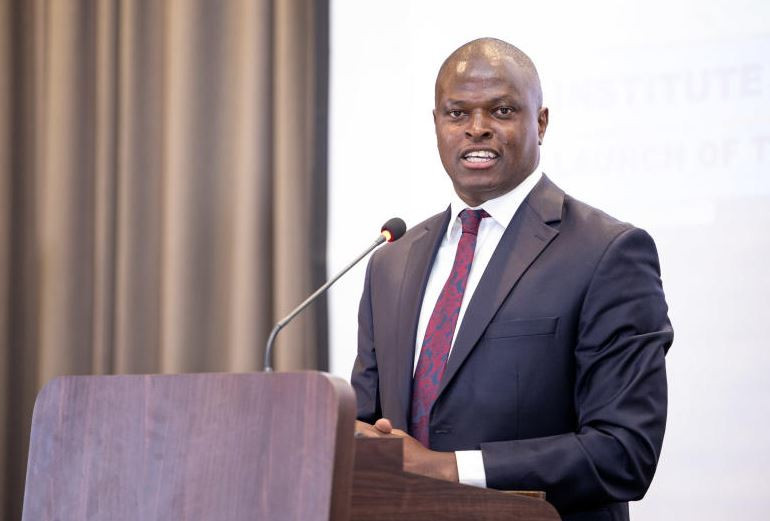
A petition has been filed at the High Court seeking to bar newly appointed Chief Executive Officer (CEO) of the Ethics and Anti-Corruption Commission (EACC) Abdi Ahmed Mohamud from assuming office in January 2025.
The petitioners, including Busia Senator Okiya Omtatah, Nakuru-based doctor Magare Gikenyi, Eliud Matindi, and other activists, claim the appointment process violates the Constitution and statutory provisions governing the recruitment of officials to independent commissions.
They have also requested conservatory orders to suspend the Gazette Notice appointing Mohamud until their case is resolved.
“We are also requesting that the court bar Mohamud from performing any functions as the Secretary/Chief Executive Officer of the EACC if he has already taken up the position,” the petitioners seek.
The focus of the petition is on the appointment process, not Mohamud’s personal conduct or qualifications. The new CEO is set to succeed Twalib Mbarak whose six-year term ends in January 2025.
According to the petitioners, the recruitment process violated Articles 79, 249, 250, and 252 of the Constitution, which protect the autonomy of independent commissions.
In their petition, the petitioners argue that the National Assembly’s involvement in approving Mohamud’s appointment on December 4, 2024, undermines the independence of the commission.
According to the petitioners, the Constitution grants commissions like the EACC the autonomy to recruit their staff without external interference.
They claim that the involvement of Parliament in the recruitment process contradicts the Constitution, particularly Section 16(1) of the EACC Act, which they assert is unconstitutional.
“The involvement of Parliament in the recruitment process of the CEO of the EACC, as provided under Section 16(1) of the EACC Act, is an unconstitutional usurpation of the commission’s mandate, which is granted by the Constitution,” the petition states.
Gikenyi, one of the petitioners, stressed that the constitution grants commissions like the EACC the autonomy to recruit their staff without external interference.
The petitioners further argue that Parliament’s interference in the appointment process threatens the separation of powers, and allowing such involvement would politicise the EACC and undermine its work.
“The Constitution gives commissions autonomy, and Parliament should not overstep its mandate,” says Senator Omtatah.
“By interfering with the EACC’s recruitment process, Parliament is breaching the clear provisions of the Constitution,” he added.
Stay informed. Subscribe to our newsletter
Conservatory orders
In their court papers, the petitioners have asked the High Court to issue conservatory orders halting Mohamud’s appointment, claiming that allowing him to assume office would harm the independence of the commission.
The petitioners also argue that the approval process violates the principle of fair competition and merit in recruitment.
They argue that if Parliament has any role in the recruitment process, both houses must be involved, as per Articles 93 and 94, which define Parliament’s powers. “The failure to involve the Senate in the recruitment process is a serious constitutional flaw,” the petitioners argue.






